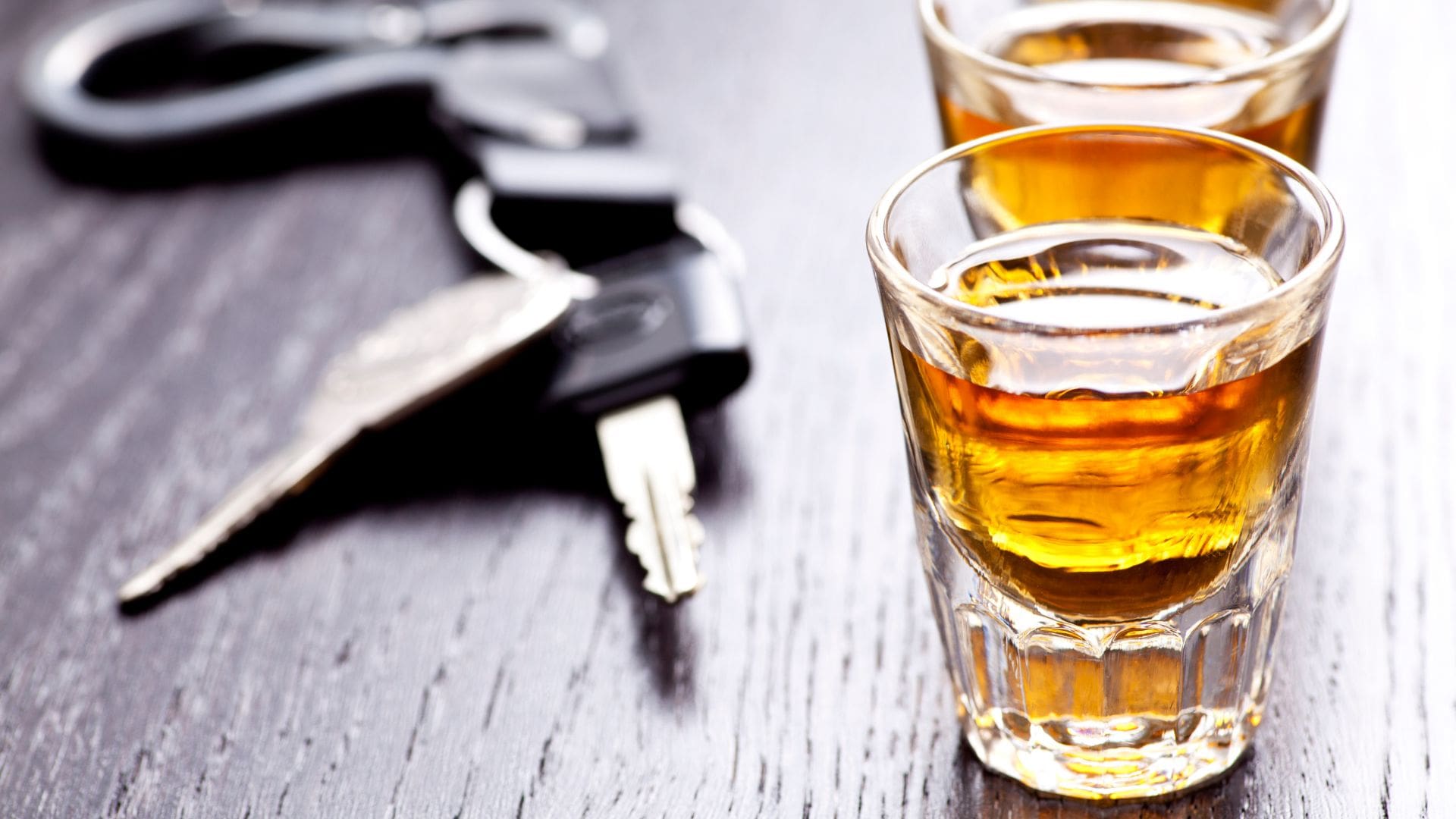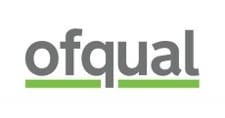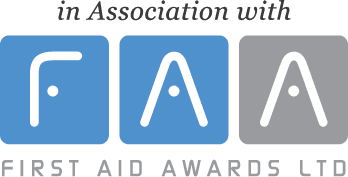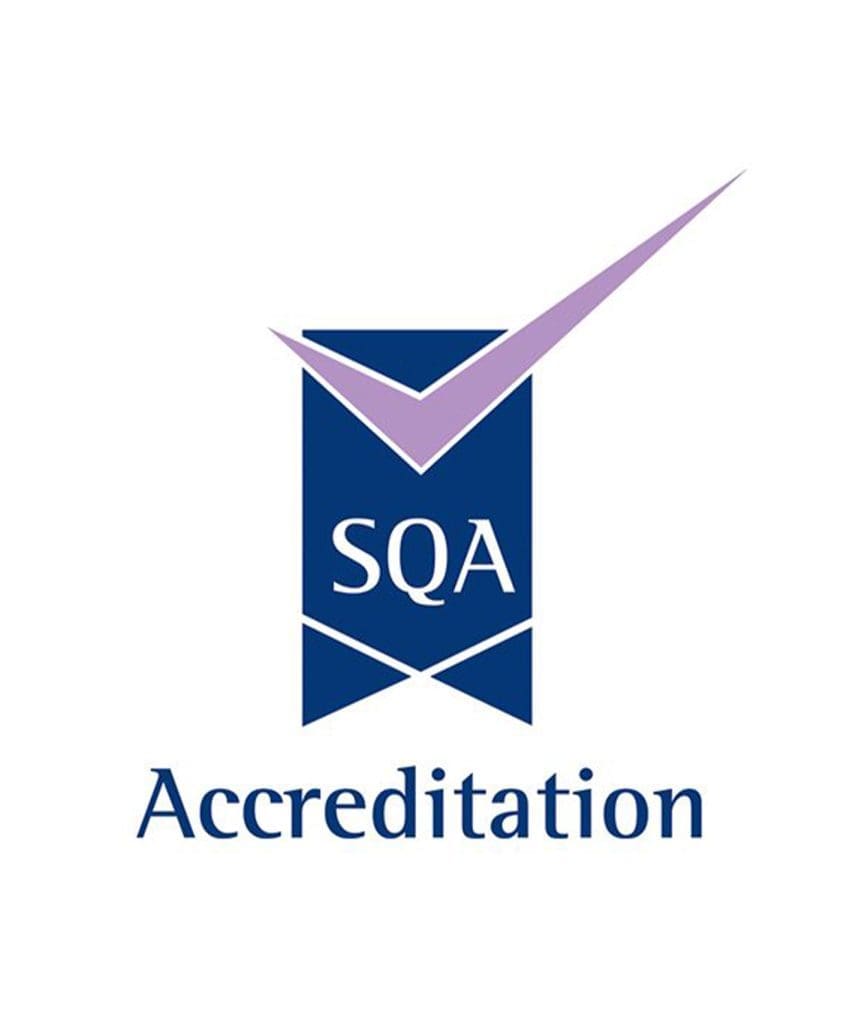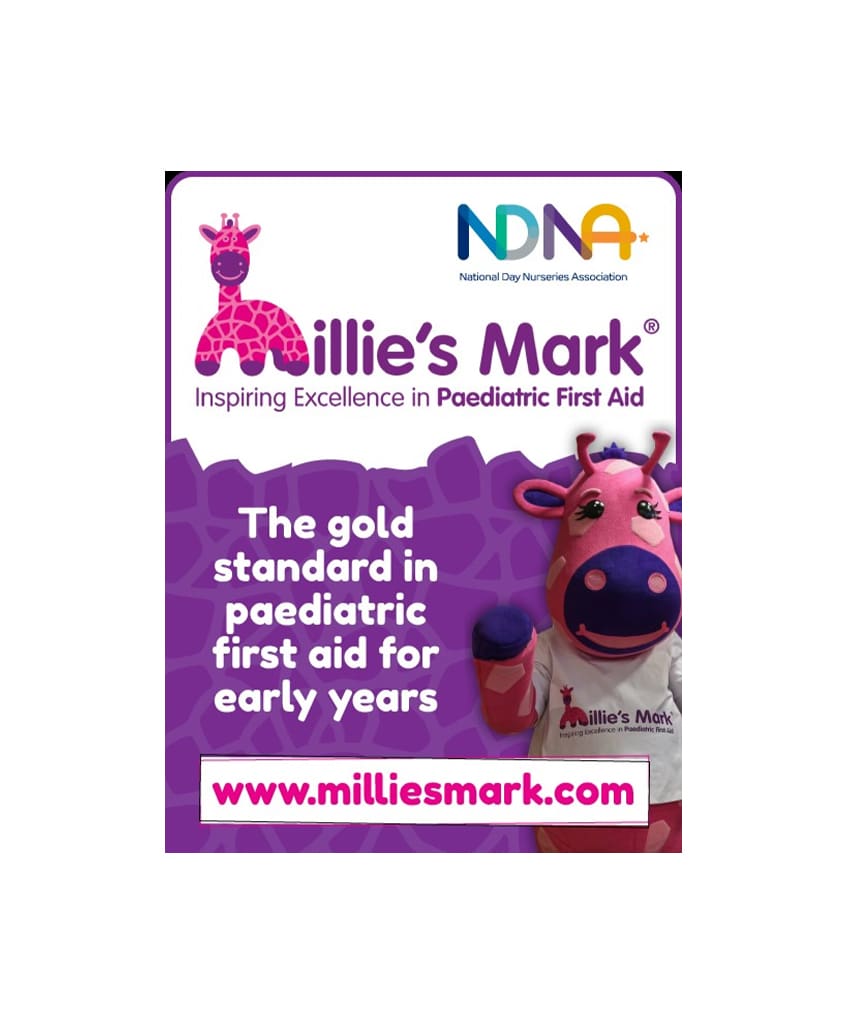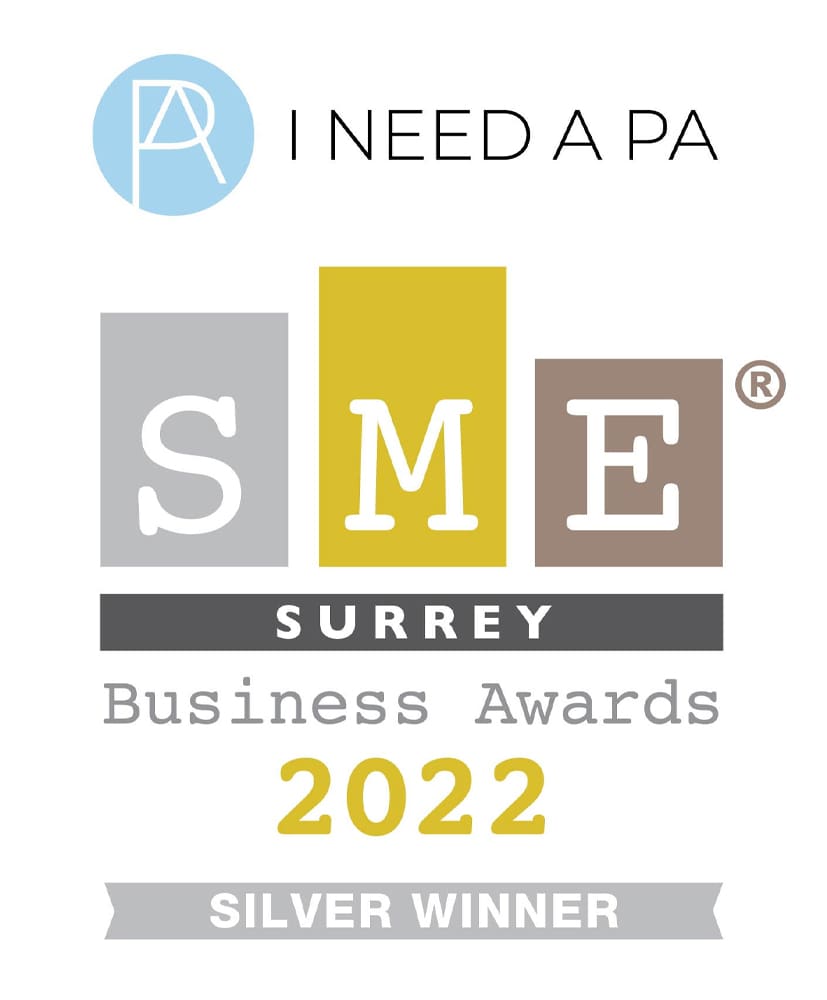Your chances of being caught drink-driving have doubled!
Police across the United Kingdom are warning drivers that their chances of being breathalysed will double during this festive period. Police started their drug and drink-driving campaign early this year due to the World Cup football tournament and it will run until after the New Year celebrations.
In December 2021, police in England and Wales stopped 37,067 motorists on suspicion of drink-driving, this is more than twice the average for the other months of the year (16,977). A total of 3,840 drivers tested positive last December, a failure rate of more than 10%.
How much can I drink and then drive in the UK?
As the Christmas parties return this year, it is important to know your drink-driving and drug limits so that you can enjoy the festivities safely. Drugs and alcohol can severely impact a person’s ability to drive due to their reaction and coordination skills being impaired and blurry vision as well as other side effects.
The drink-drive limit is 35 micrograms of alcohol per 100 millilitres of breath in England, Wales and Northern Ireland. In Scotland this limit is reduced to 22 micrograms, so just one drink could get you over the limit.
It is also important to remember that the drink-drive limit often refers to units. One unit does not equate to one drink as it depends on the type of drink you are having and the strength of the alcohol by volume (ABV).
A study by an insurance company found that more than two-thirds of people believed that men can drink more than women and be safe to drive, but in reality this is not an exact science. A pint of beer might impact one person differently compared to another person due to various factors, for example, a persons weight, height, body tolerance or how much food they have eaten.
How do I calculate my drink units?
There are various websites that have drink unit calculators, so it is always good to check if you are unsure, but below is a guideline as per the NHS:
- Small glass of red/white/rosé wine (125ml, ABV 12%) = 1.5 units
- Medium glass of red/white/rosé wine (175ml, ABV 12%) = 2.1 units
- Large glass of red/white/rosé wine (250ml, ABV 12%) = 3 units
- Bottle of lager/beer/cider (330ml, ABV 5%) = 1.7 units
- Pint of lower-strength lager/beer/cider (ABV 3.6%) = 2 units
- Pint of higher-strength lager/beer/cider (ABV 5.2%) = 3 units
- Single small shot of spirits* (25ml, ABV 40%) = 1 unit
- Alcopop (275ml, ABV 5.5%) = 1.5 units
Am I allowed to take drugs and drive?
It is illegal to drive with drugs, even if you think that the drugs are not affecting your driving.
The police can stop you and make you do a ‘field impairment assessment’ if they think you’re on drugs. This is a series of tests, for example asking you to walk in a straight line. They can also use a roadside drug kit to screen for cannabis and cocaine before taking you to the station for further testing and you will be charged.
If you are taking prescribed drugs and you are not sure if you can drive you should speak to your pharmacist or doctor to check before getting behind the wheel.
What happens if I am caught drug or drink-driving?
It is always better to nominate a driver rather than risk getting caught drug or drink-driving.
Police set up checkpoints during Christmas and New Year and they are allowed to stop any vehicle at their discretion and can breathalyse you if they suspect you have been drinking or using drugs.
If you fail the breathalyser test, or if they believe your driving is impaired due to alcohol or drugs you will be taken to a police station and given a final breath test. At the police station, you will provide two breath tests into a complex and more sophisticated breathalyser. The lower of the two readings will be used to determine if you are above the drink-driving limit.
If required the police can also sample your urine or do a blood test which is carried out by a medical professional. If you do not agree to a sample, it is considered a criminal offence.
What’s the punishment if I’m caught drink-driving?
The consequences of drink-driving can be life-changing and have a devastating impact not only on yourself but also on your family and the family of others.
If you are tested and found guilty of drink-driving, you could get up to six months in prison, an unlimited fine, and a driving ban of at least one to two years. If you kill someone in a drink-driving accident you could face 14 years in prison.
How to drink safely and enjoy the festive season
With office parties already happening, it is important to plan and make sure that you are safe. This can easily be done by arranging a lift with a sober driver or ensuring that you have booked a taxi for your trip home.
If you do not have a ride home then alcohol should simply be avoided completely to be safe.
Who can I call if I am worried about a drink-driver?
If you or your friends are not sure you can do a self-test with a personal breathalyser to make sure you are clear of alcohol before getting behind the wheel and driving. It is also interesting to note that one in five drink-driving convictions are in the morning, so self-breathalyse or do not drive if you are unsure.
If you have concerns about anybody you believe is driving under the influence and all attempts to stop them have failed, you can contact the police on 101 or 999 if they are posing an imminent danger. Alternatively, contact Crimestoppers anonymously on 0800 555 111 if you would like to be more discreet.
Some other useful contacts:
If you believe you or a family member needs some help Drinkline is the national alcohol helpline. They can be contacted if you are worried about your own or someone else’s drinking and the calls to the helpline are free on 0300 123 1110 (weekdays 9am to 8pm and weekends from 11am to 4pm.)
Frank is the national drugs helpline offering general advice and information and is open 24 hours. Tel 0800776600 (freephone) and website www.talktofrank.com
Lastly, if you would like to talk to us about Mental Health training in the workplace courses across the UK, please call us on 01276 586943 or email us at admin@crosscountiestraining.co.uk for hassle-free bookings.
